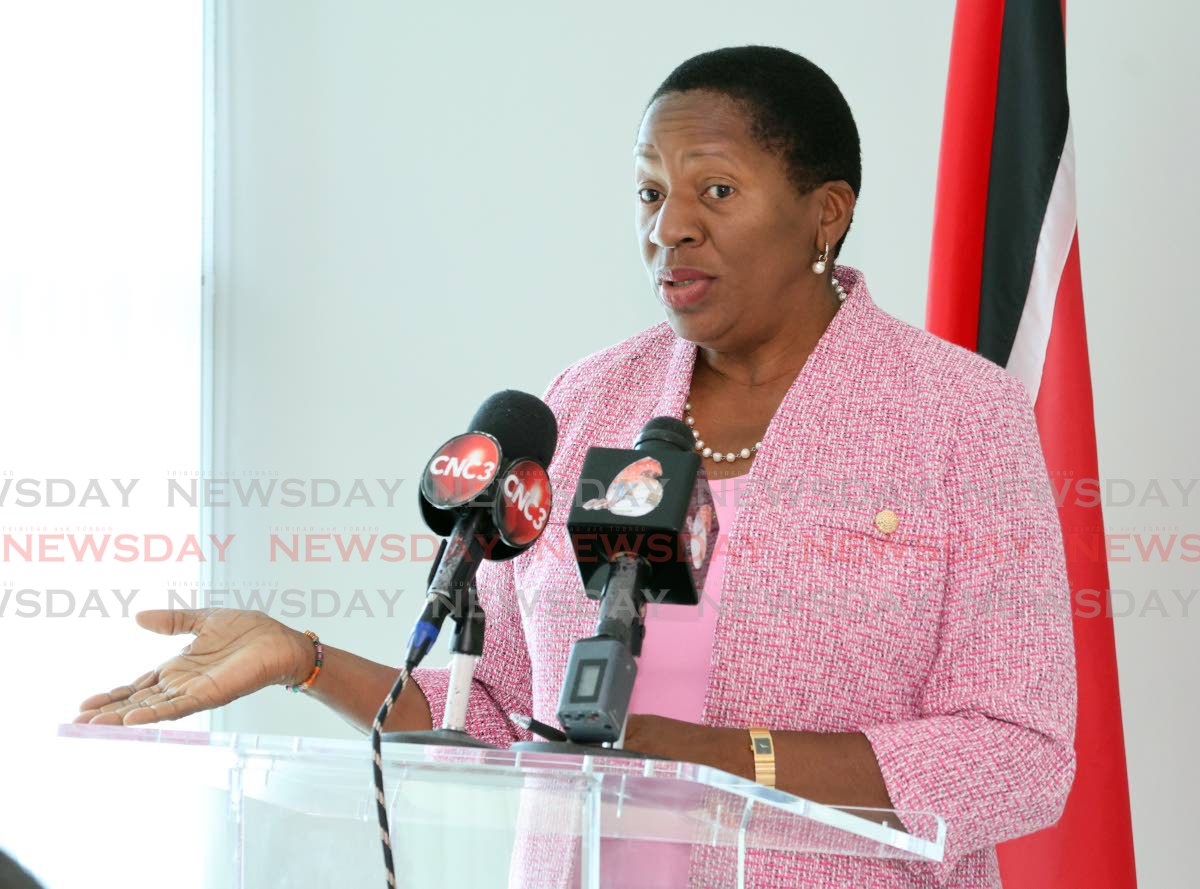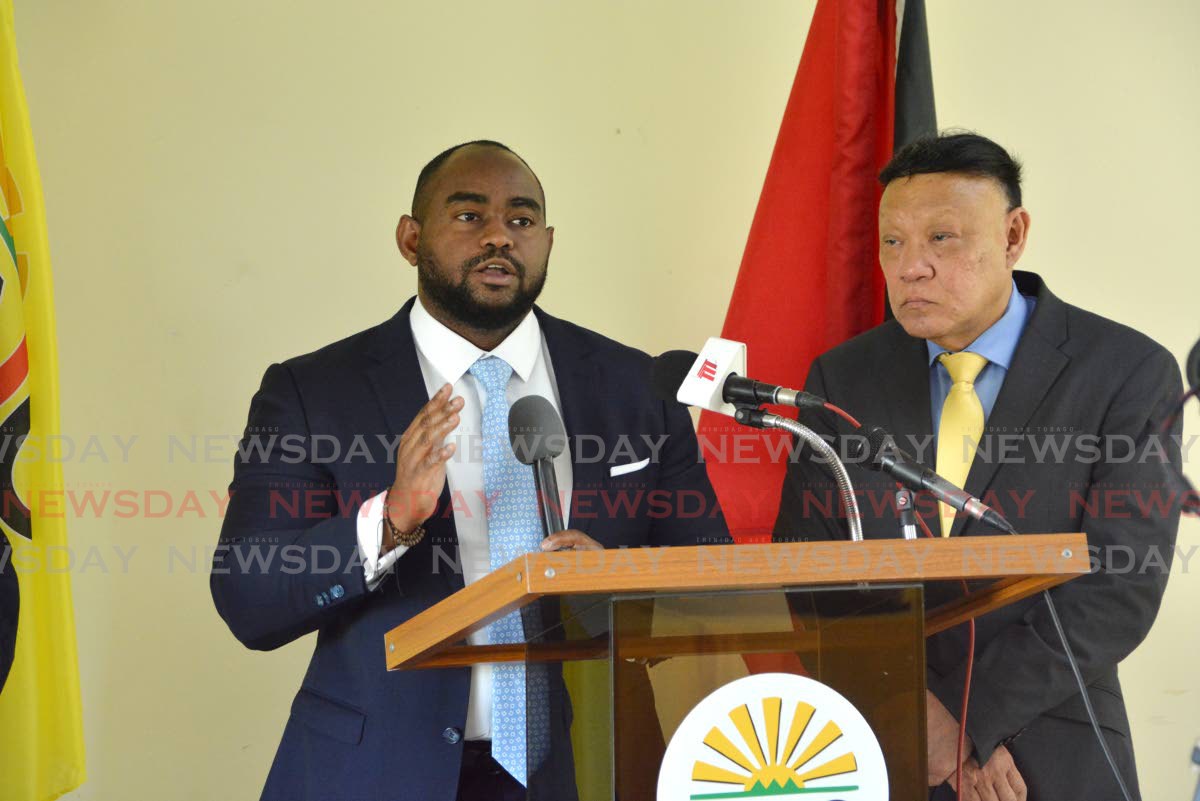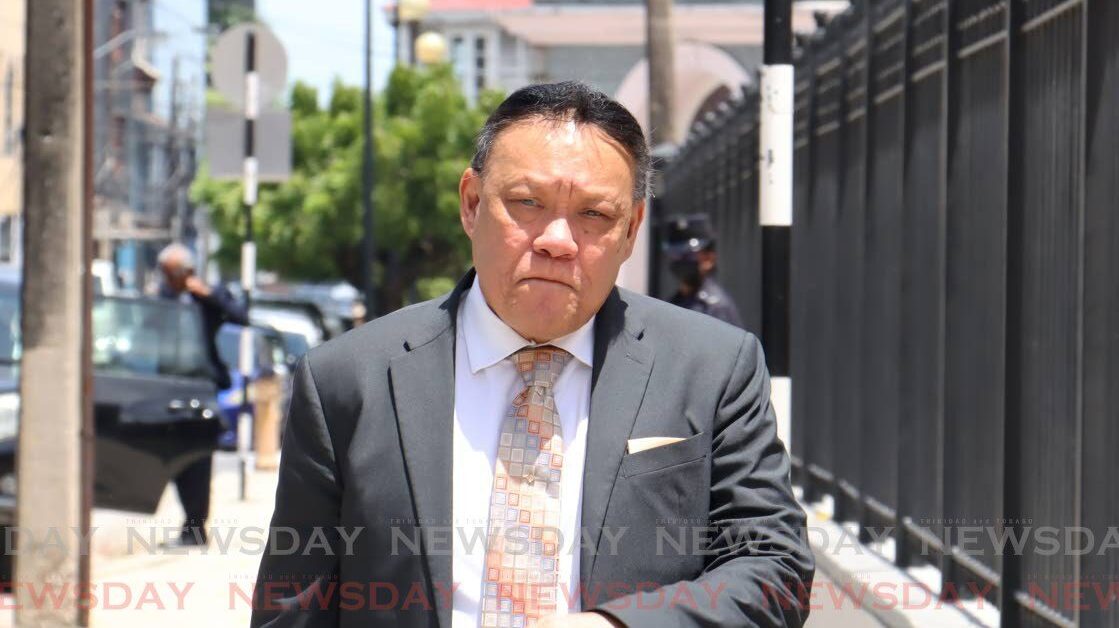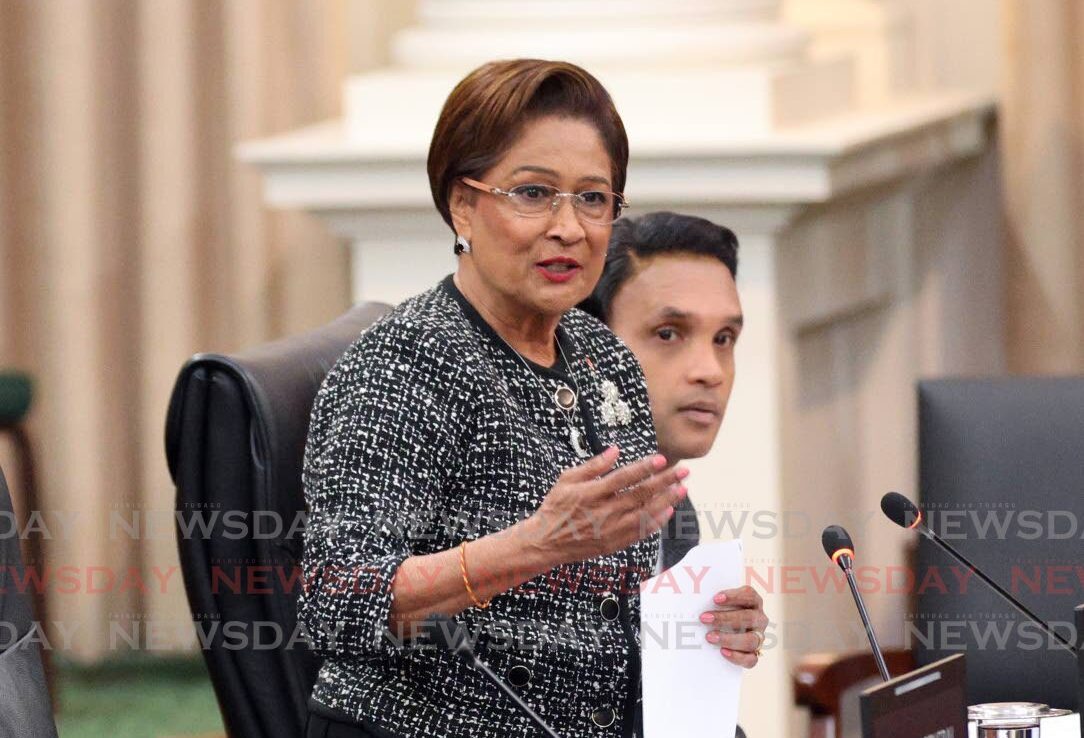The Miss Central Trinidad Queen Pageant for 2026 is actively recruiting participants who demonstrate not only beauty and confidence but also a genuine commitment to societal improvement. Coordinator Marcia Merrick-Mohamed, a former titleholder herself, emphasizes that the competition seeks intellectually bright women aged 18-29 who aspire to create meaningful community impact beyond merely winning a crown.
The preliminary screening event occurred on January 3 at Lisas Gardens Community Centre in Couva, where organizers evaluated potential delegates for the upcoming pageant. As the centerpiece of the Couva Carnival Committee’s six-day festivities, this annual event offers more than just prestigious titles. Participants will contend for multiple specialty awards including Best Gown, Best Costume, Miss Intelligent, People’s Choice (determined through online voting), and Miss Photogenic (selected by media photographers).
Merrick-Mohamed is actively seeking additional corporate sponsors to enhance the event’s production quality and community outreach. While Sacha Cosmetics has already confirmed continued support for the 2026 edition, organizers encourage other businesses to join this community-focused initiative. Notably, the pageant maintains free public admission, reflecting the committee’s dedication to providing accessible, family-friendly entertainment while fostering a secure environment for all attendees. Final contestant selections will be finalized within the coming week.









